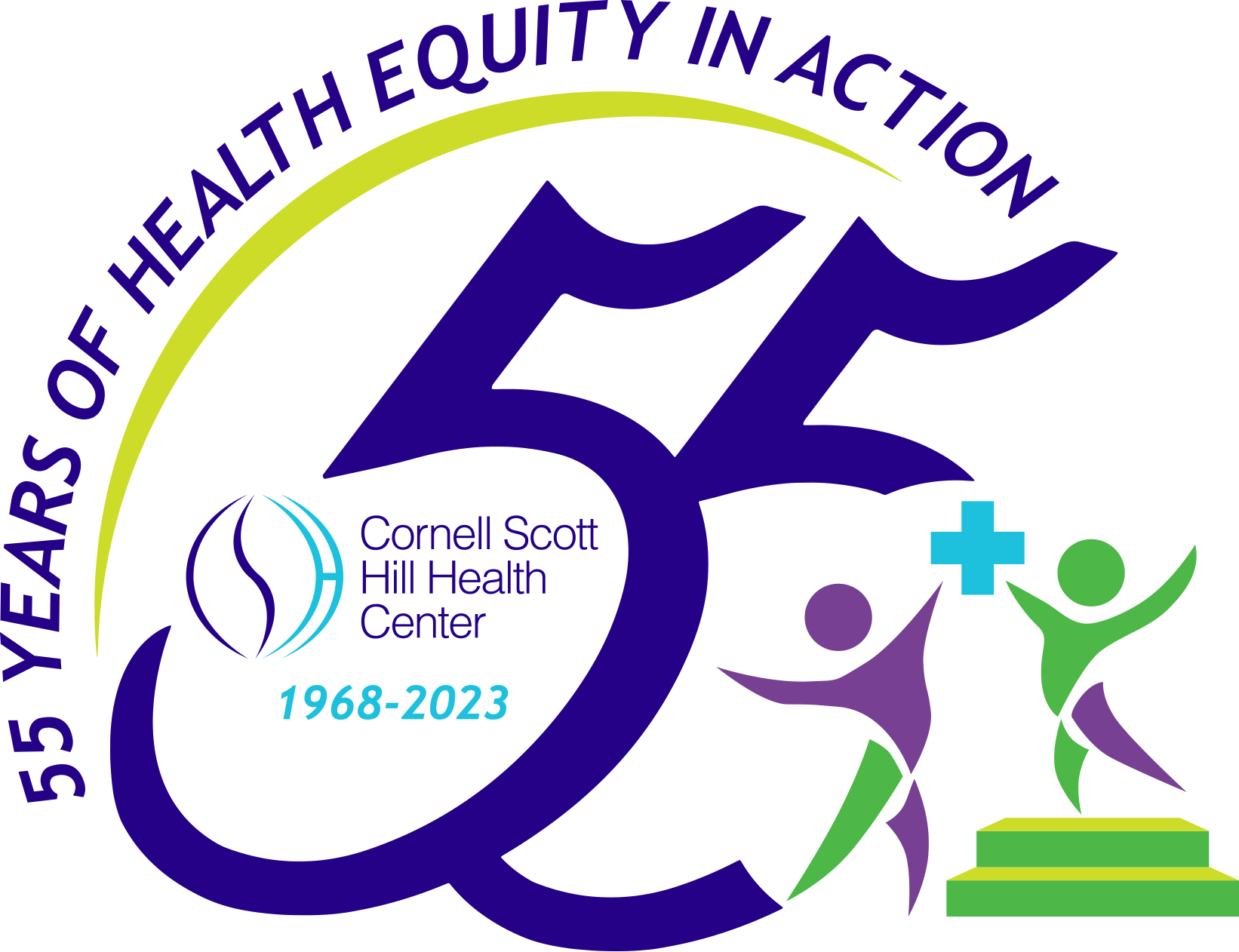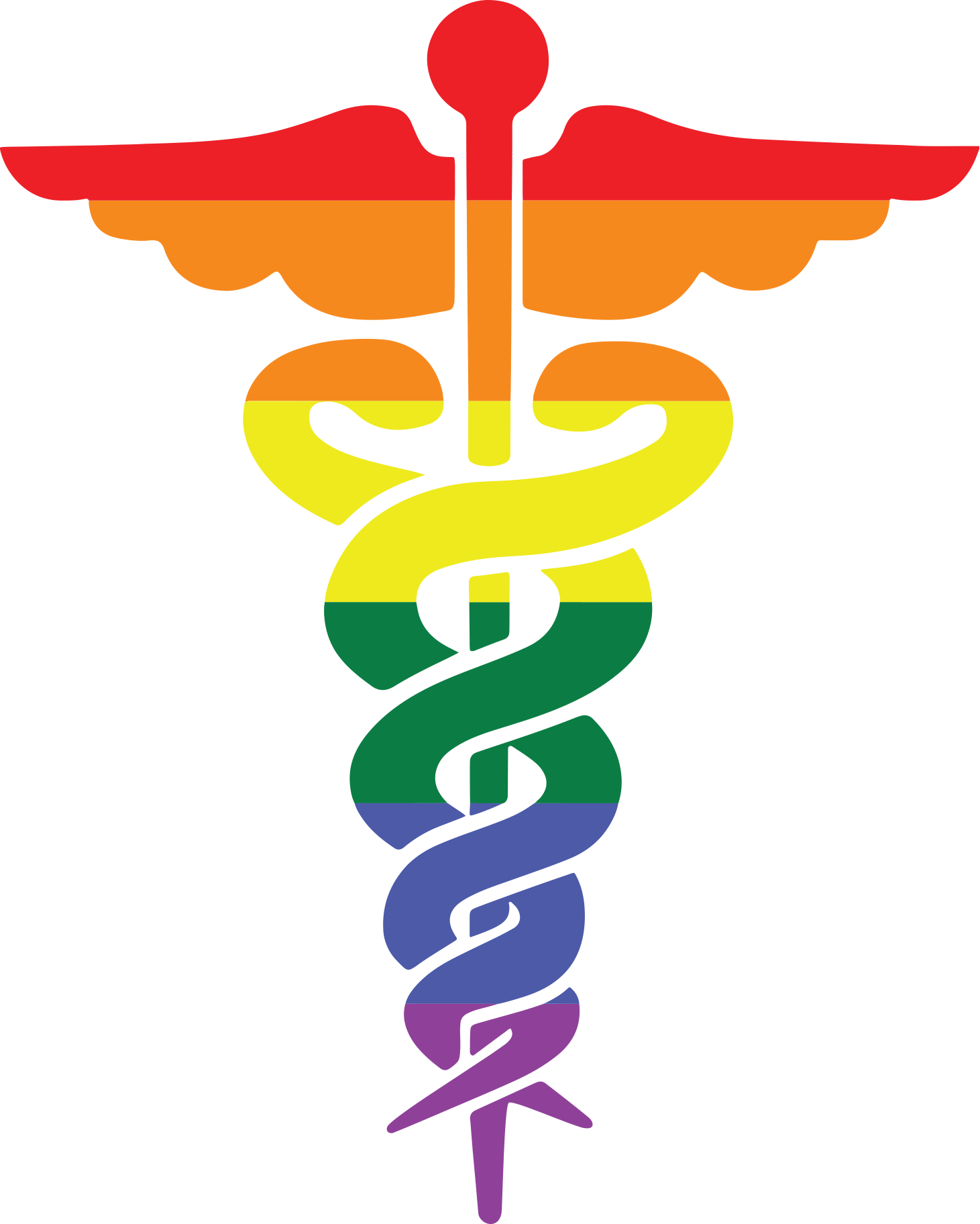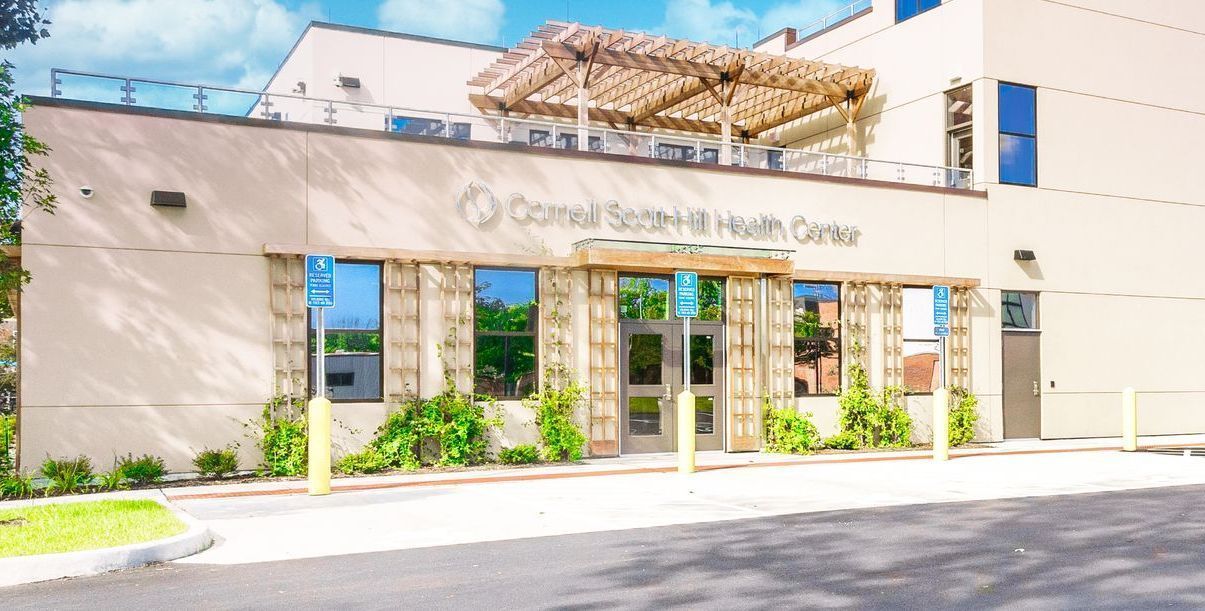In the News

17 Oct, 2023
While the pandemic is in the rearview mirror, the healthcare industry still faces a host of challenges. Click here to meet the Power 25 Health Care leaders Whether it’s labor shortages, inflation, rising drug costs or even a mental healthcare crisis, numerous factors are creating financial and other pressures on healthcare organizations. It will take strong leadership to continue to get through these challenging times. In this week’s issue, Hartford Business Journal is publishing its fourth annual Power 25 Health Care list, which identifies leaders who are having a significant impact on the industry and public health. Click here to meet the Power 25 Health Care leaders This isn’t an awards section. HBJ’s Power 25 Health Care list was chosen by HBJ’s editorial team, and it includes a mix of established players as well as some fresh faces to our region. We’re curious to know what you think. Feel free to send feedback. Power 25 Health Care will be back next year with some new names and faces, so be prepared to make suggestions. Click here to meet the Power 25 Health Care leaders From HBJ: Michael R. Taylor is a major player in Greater New Haven’s healthcare industry, serving as CEO of the Cornell Scott-Hill Health Center since 2012. Click here to go back to the 2023 Power 25 Health Care home page Taylor oversees a staff of more than 700 employees who provide a range of services in Greater New Haven and the lower Naugatuck Valley, including medical, behavioral health, dental, pediatric and women’s health. Cornell Scott-Hill Health Center serves more than 55,000 patients a year at 27 care sites and school-based health centers throughout the region. About 62% of its patients are enrolled in the state’s Medicaid program, which serves low-income residents. Taylor is currently overseeing a major expansion project — construction of one of the state’s largest centers for addiction and mental health care. The Recovery & Wellness Center in New Haven’s Hill neighborhood is a $24.5 million project, taking shape at 149 Minor St. When complete, the three-story, 31,000-square-foot building will feature individual and group counseling rooms, a medical suite, 12-bed female dormitory and 40-bed male dormitory with semi-private rooms. Taylor’s influence also extends beyond Connecticut. In August, he was named board chair-elect of the National Association of Community Health Centers. He will take over the chairman role in October 2025. Prior to joining Cornell Scott-Hill in 2010, Taylor was founder and president of a healthcare consulting firm that served more than 200 community health centers nationally. He also held leadership positions with several national accounting and healthcare consulting firms, including The Lewin Group.

27 Sep, 2023
A government shutdown could thrust healthcare providers into unpredictable and uncharted territory, even though vast portions of the federal healthcare apparatus, including and Medicare and Medicaid, are immune from annual budget showdowns in Congress. According President Joe Biden's proposed budget for fiscal 2024 , which begins Sunday, 91% of Health and Human Services Department spending is categorized as mandatory, not as discretionary spending that is subject to yearly appropriations bills or periodic reauthorizations. Related: Congress faces tight deadline to extend key health programs That still leaves more than $150 billion worth of health-related spending that Biden seeks from Congress unfulfilled as House Speaker Kevin McCarthy (R-Calif.) contends with a revolt from within the GOP conference that threatens to bring the machinery of government to an abrupt halt. Exactly how Congress' failure to pass spending would impact specific agencies and the providers and patients they serve is difficult to predict. HHS released an updated contingency plan last week that details how many employees would be permitted to continue working in the absence of new appropriations and how many would be furloughed. The department also specified what vital functions would continue, even if the staff positions were not funded. According to that document, 51,293 HHS employees would stay on the job and 37,325 kept away until Congress agrees to a spending deal. Those who remain would work on programs that have mandatory funding such as Medicare, activities supported by user fees such Food and Drug Administration reviews of new pharmaceuticals and medical devices, areas supported by supplemental COVID-19 funding already on the books, and programs with multi-year funding that has already been enacted, such as the Indian Health Service. Some programs and workers affected by a shutdown would still be pressed into service—with pay delayed until after a shutdown is resolved—if their jobs are critical to treating patients or maintaining sensitive experiments, for example, at the National Institutes for Health. Others whose jobs are essential to protecting property or supporting funded activities would also be expected to work. "HHS will continue any necessary activities in the event of a lapse in appropriation," the department wrote in its contingency plan. "For example, the Administration for Strategic Preparedness and Response will maintain the minimal readiness for all hazards, including COVID-19, pandemic flu and hurricane responses." Nevertheless, the Administration for Strategic Preparedness and Response would retain just 47% of its roughly 1,000-person workforce. As with all of HHS contingency plans, this agency's blueprint does not specify what the consequences may be for the public. The White House, HHS and several departmental agencies did not respond to numerous requests for interviews. There are some important differences facing the healthcare sector under this potential shutdown that make it both more alarming and harder to anticipate than the congressional deadlock that spanned 35 days from late 2018 into early 2019. At that time, five of the 12 annual appropriations bills that Congress is supposed to pass had already been enacted, including the HHS budget. This year, lawmakers have not sent any fiscal 2024 spending measures to Biden. Another wrinkle this year is that Congress has also failed to approve reauthorizations for key health programs that are due to sunset along with the fiscal year on Saturday, including federally qualified health centers, the graduate medical education program and the National Health Service Corps. According to HHS' contingency plan, federal workers would continue to support all of those programs in a shutdown, but stakeholders are already worried. "Any disruption to our delicate financial balance, and even a brief interruption in our federal funding, could have a devastating impact and long-term impact on community health centers and on our ability to continue to treat all of the patients who walk through our doors," Michael Taylor, CEO of New Haven, Connecticut-based Cornell Scott-Hill Health Center , said at a news conference last week. National Association of Community Health Centers spokesperson Amy Simmons lamented the confluence of stalled reauthorizations and a potential federal shutdown. "It’s creating a lot of anxiety and disruption in the health center community," she said. "You can’t run healthcare delivery for 31.5 million patients on a month-to-month basis. We have thousands of advocates who are aware, concerned and reaching out to Congress." The community health centers organization is hoping that Congress at least passes a stopgap measure to extend the federally qualified health centers program and its funding. But the contingent of House Republicans forcing the showdown on Capitol Hill has already rejected the notion of a temporary fix to prevent a shutdown. Furthermore, House GOP leadership has scheduled the full-year FDA funding bill for a vote this week, but none of the other major health spending bills or reauthorizations. The White House has warned there will be consequences if Congress doesn't act by Saturday. "A Republican shutdown would stall critical research on diseases like cancer and Alzheimer’s because the National Institutes of Health would be forced to delay new clinical trials," the White House said in a news release last week. "New patients, many of whom are desperately waiting for a chance at new treatment through a clinical trial, will be turned away." Like the NIH, the Centers for Disease Control and Prevention is especially exposed. "The CDC and NIH are certainly vulnerable because they rely primarily on discretionary appropriations. They're not running mandatory programs like Medicare or Medicaid," said Paul Van de Water, a senior fellow at the Center on Budget and Policy Priorities, a left-leaning think tank. According to HHS, less than a quarter of NIH employees and 41% of CDC staff would remain on the job absent new appropriations. While specific short-term problems might be hard to identify, the longer-term effects of a shutdown—or just coming close to one—are easier to envision, said Beth Resnick, assistant dean for practice and training at the Johns Hopkins Bloomberg School of Public Health. For instance, this kind of political disruption is discouraging to the federal workforce, which has implications for retaining and recruiting people to manage government programs. "It's really hard to live your life like that and try to have a functioning system when everything's always up in the air," Resnick said. "The damage to morale and all that, that might even be bigger than the actual impact of whatever the shutdown ends up being."

12 Sep, 2023
NEW HAVEN, Conn. (WTNH) It’s known as a community of Caring. Cornell Scott Hill Health Center (CSHHC) is ‘Celebrating 55 years of Health Equity in Action.’ Connecticut’s Morning Buzz Host Natasha Lubczenko was joined in the studio by CEO Michael Taylor and Lindy Lee Gold, the Health Center’s Foundation Board Chair.
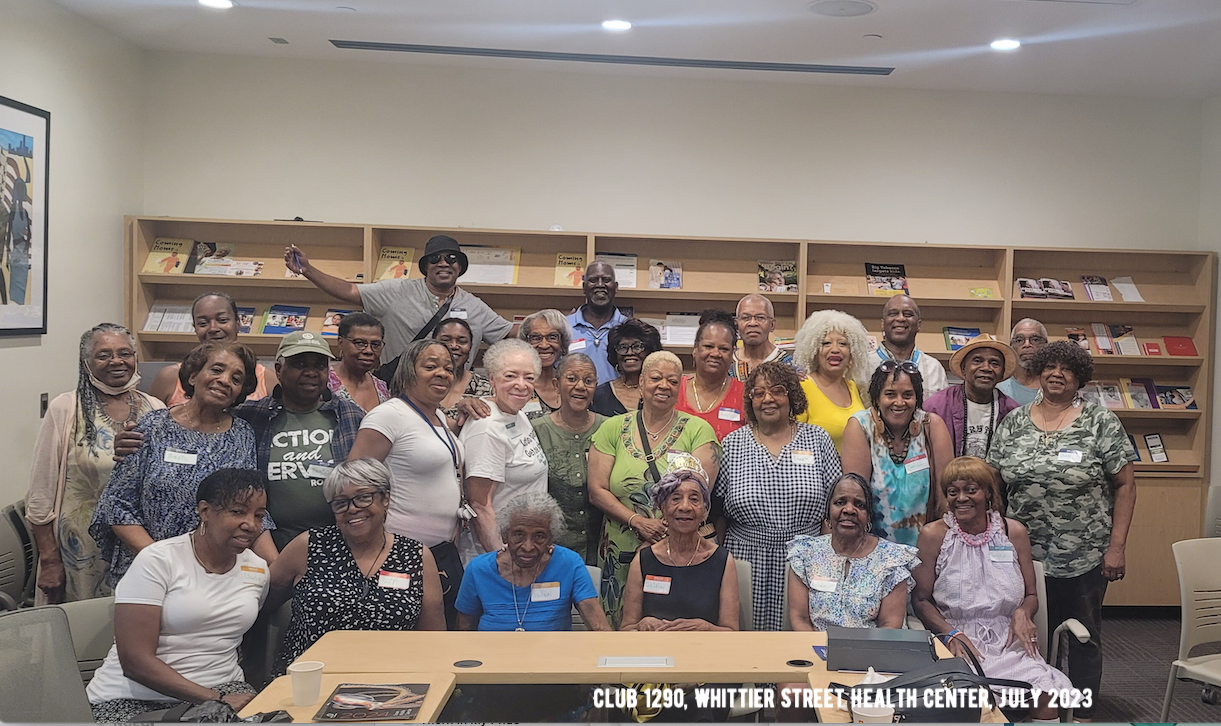
By Christine Parsons
•
09 Aug, 2023
In this issue, we celebrate National Health Center Week and recognize National Immunization Awareness Month. While our Center is on a summer break for live training events, we hope you'll check out our publications and webinar recordings. As always, check out our website for additional resources. We look forward to sharing new learning activities with you in the fall!

24 Jul, 2023
This interview with Michael Taylor is the third segment on the award-winning 'For the People'. For the People broadcasts live on Connecticut's Connoisseur Media stations - just click on the 'Stations' tab and then 'Connecticut': https://connoisseurmedia.com/stations/ For the People's live airtime is every Sunday at: 5 am on 95.9FM - The FOX; 6 am on WICC-AM, WICC-FM, and WEBE 108 FM; 7 am on STAR 99.9FM and 99.1 WPLR-FM Listen to the latest 'For the People' - which is typically available to stream Sunday afternoons following the on-air broadcast - or listen on the individual station archives through each station's website – or click the 'ON AIR' tab to find the latest PODCAST links to listen on your mobile device, smart speaker, or computer: http://www.wplr.com/for-the-people/ http://www.star999.com/for-the-people/ http://www.959thefox.com/for-the-people/ http://www.webe108.com/podcasts/ http://www.wicc600.com/podcasts/ Or find the podcast through our social networks: https://www.facebook.com/wplrfm https://www.facebook.com/star999fm/ https://www.facebook.com/959THEFOX https://www.facebook.com/webe108/ https://www.facebook.com/WICC600/ You may access For the People podcasts via numerous podcast platforms including: https://itunes.apple.com/us/podcast/for-the-people/id666908981?mt=2 https://www.audible.com/pd/For-the-People-Podcast/B08K55J95D https://www.iheart.com/podcast/256-for-the-people-31090210/
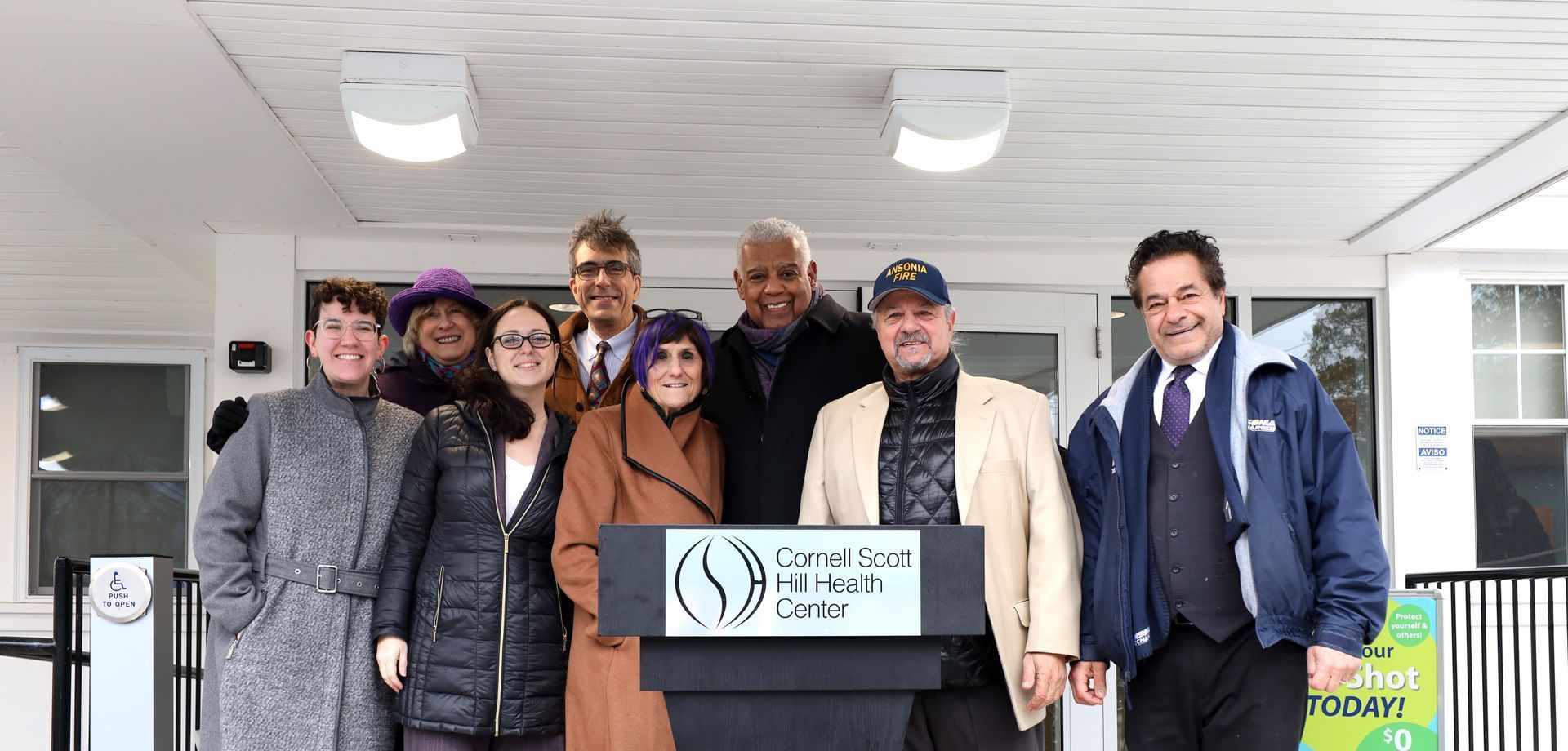
14 Mar, 2023
The Cornell Scott-Hill Health Center is a Patient-Centered Medical Home (PCMH) proud to serve our communities. A PCMH is a system of care that creates a strong partnership between you and your personalized care team. Learn more about careers, locations, services, and our hours by visiting our website
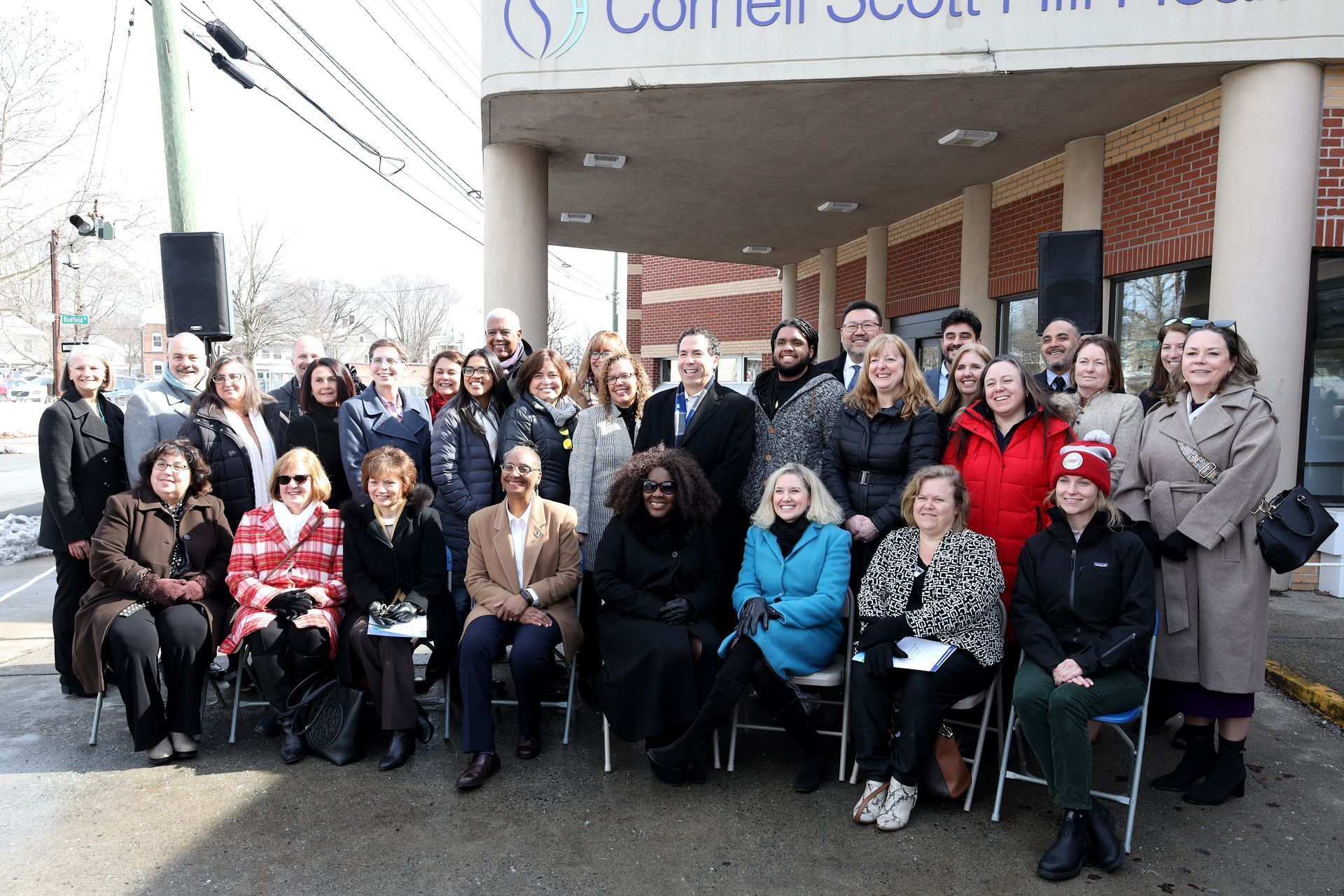
02 Mar, 2023
The Cornell Scott-Hill Health Center is a Patient-Centered Medical Home (PCMH) proud to serve our communities. A PCMH is a system of care that creates a strong partnership between you and your personalized care team. Learn more about careers, locations, services, and our hours by visiting our website
Leave Us a Review
Choose the location you visited and leave us your thoughts on Google.
This is the Accessibility Widget! This text and the red box it comes in is only visible within the editor and not in the live site.
For Patients
For Information
Contact Us
To book an appointment or for more information about our services, staff and locations:
Call: 203-503-3000
For clinical concerns after hours, please call 203-503-3000. Our answering service will direct your call.
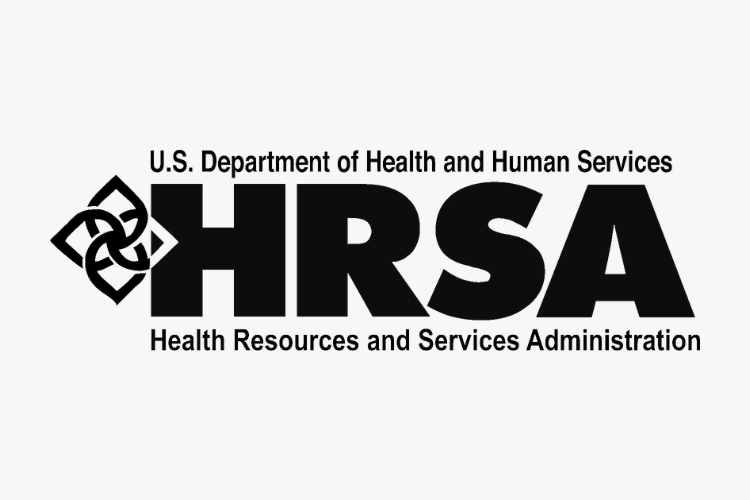
HRSA
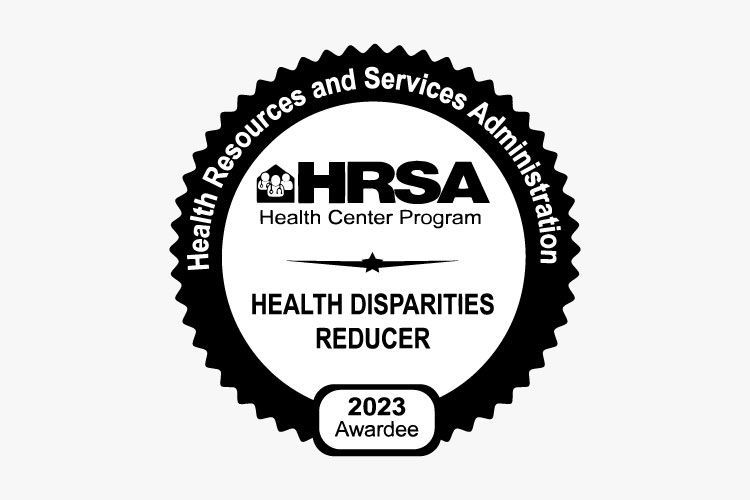
Beautiful Woman
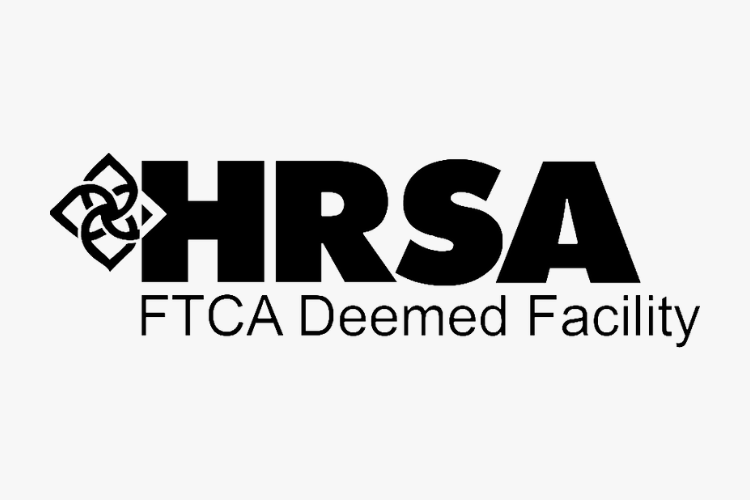
FTCA
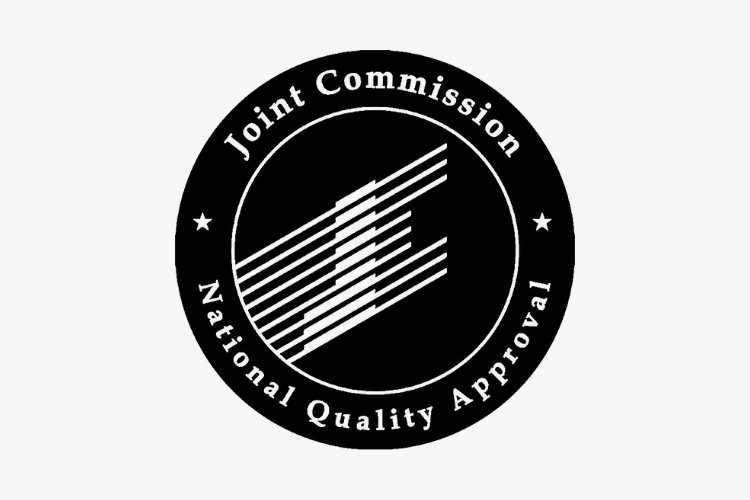
Joint Commission
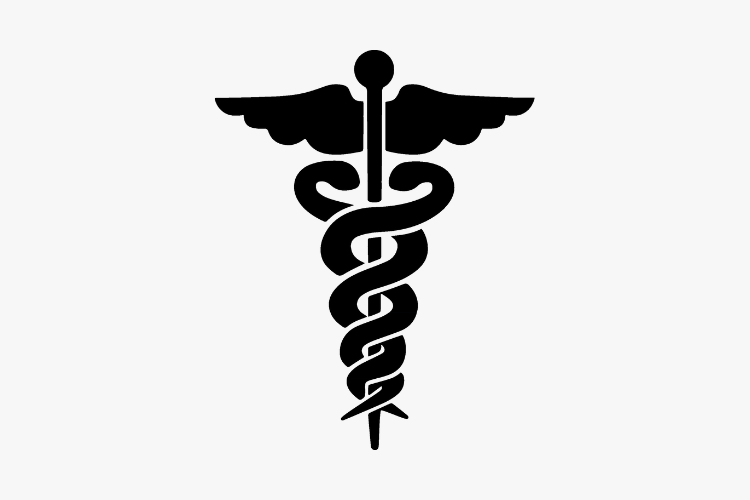
Caduceus
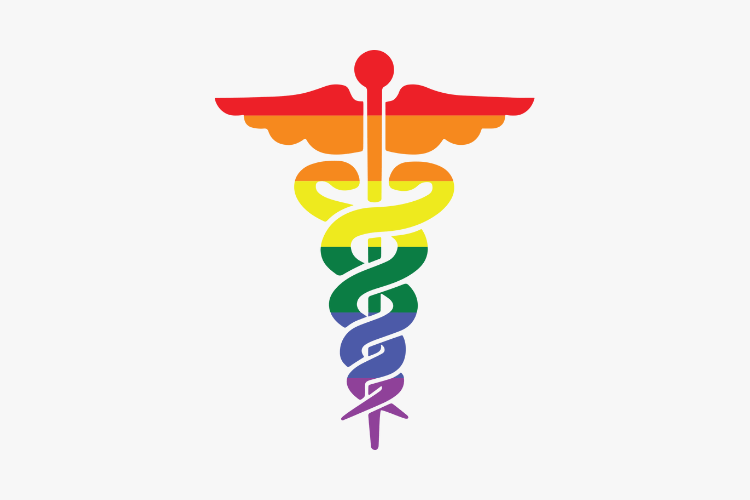
LGBT

HRSA

FTCA

Joint Commission

Caduceus

LGBT
Recent CSHHC News and Events

14 May, 2024
HARTFORD, Connecticut – Treasurer Erick Russell and the Community Health Center Association of Connecticut announced a new collaboration on Tuesday to support the state’s first- in-the-nation CT Baby Bonds program. Providers at the 16 member health centers, with hundreds of locations across the state, will begin discussing the program with families of eligible participants and distributing related printed materials. The announcement was made at Wheeler Health in Hartford along with Governor Ned Lamont, Hartford Mayor Arunan Arulampalam and members of Hartford’s legislative delegation. “This partnership will help families of eligible participants learn more about CT Baby Bonds through trusted medical providers on the ground in the community,” said Treasurer Russell . “This is a critical piece of the long-term awareness necessary to sustain engagement as these children grow up. It’s no surprise that Community Health Centers across the state are stepping up to help serve their patients and their families. Poverty has tremendous public health ramifications that these providers encounter on a daily basis. I’m extremely grateful for their partnership and eager to build similar support systems with other service organizations. CT Baby Bonds has the potential to combat systemic poverty and increase economic participation. It will take a united and coordinated effort to maximize this opportunity.” “The Baby Bonds program was created to help break the cycle of intergenerational poverty by investing startup capital that can be used to change young people's lives as they become adults,” said Governor Lamont . “Partnerships with community organizations like our local health centers will help make sure that families receive the information they need so their children can benefit from this program and build a stronger future.” “So many of our children grow up without the luxury of a safety net or additional support when it’s time for them to take a critical next step in their lives, whether it’s pursuing higher education, buying a home, or starting a business,” said Mayor Arulampalam . “Baby Bonds are a move in the right direction, and I'm grateful for Treasurer Russell’s efforts in partnership with community health centers to ensure Hartford children are set up for success.” All Connecticut children born on or after July 1, 2023, whose birth was covered by HUSKY are automatically eligible for CT Baby Bonds. There is no need to enroll or apply. As of April 1, approximately 13,300 eligible babies have been born, according to data from the Department of Social Services. Each participant will have $3,200 invested on their behalf through a trust managed and invested by the Office of the Treasurer. That amount will grow over time along with each child. Between the ages of 18 and 30, claims can be filed to use the funds for purposes designed to combat generational poverty and build individual wealth. Those include buying a home in Connecticut, starting or investing in a Connecticut business, paying for post-secondary education or job training, or saving for retirement. “CT’s Community Health Centers are pleased to partner with Treasurer Russell to spread awareness of the Baby Bonds program, a pioneering initiative to help provide hope and opportunity to CT’s children,” said Shawn K. Frick, Chief Executive Officer Community Health Center Association of Connecticut . “Health centers provide primary medical, behavioral health, and dental care to over 420,000 people in CT - including thousands of children who already have Baby Bonds in their name! Our health center staff are excited to share information about Baby Bonds with kids and their families.” The Office of the Treasurer has begun interactive informational training sessions for Community Health Center providers and staff and will continue to offer support as needed. Providers will be disseminating information about the program in both English and Spanish with additional languages to be added. "Every day, community providers like Wheeler see how systemic poverty affects the health outcomes of so many people we serve," said Sabrina Trocchi, PhD, MPA, President and CEO of Wheeler Health . "Our work ultimately is to provide hope for a better tomorrow, and Baby Bonds are an innovative approach to do just that." A host of research has shown the negative health impacts of poverty, which is linked to higher rates of infectious disease, mental health conditions, maternal mortality, and more. Additionally, those in poverty face greater barriers to accessing care, leading to delayed diagnosis and treatment. For more information about CT Baby Bonds, and to sign up for periodic updates about the program, please visit babybonds.ct.gov . *** END *** Contact: Tyler Van Buren tyler.vanburen@ct.gov | (959) 529-2468

18 Mar, 2024
NEW HAVEN, CT. – Cornell Scott-Hill Health Center, one of the nation’s leading community health centers and Connecticut’s longest serving, has been selected by the NewAlliance Foundation to receive a $10,000 grant to support the organization’s demonstrated innovative thinking, dedication to advancing health equity, and creativity in pursuit of its mission.

26 Feb, 2024
The one-year grant Cornell Scott-Hill Health Center (CS-HHC) was awarded by the Federal Department of Health and Human Services (DHHS) in May 2022 enabled CS-HHC’s Family Planning Services program to enhance direct-to-consumer telehealth for low-income women covered by DHHS’ Title X Family Planning program.
Leave Us a Review
Choose the location you visited and leave us your thoughts on Google.
This is the Accessibility Widget! This text and the red box it comes in is only visible within the editor and not in the live site.
For Patients
For Information
Contact Us
To book an appointment or for more information about our services, staff and locations:
Call: 203-503-3000
For clinical concerns after hours, please call 203-503-3000. Our answering service will direct your call.

HRSA

Beautiful Woman

FTCA

Joint Commission

Caduceus

LGBT

HRSA

FTCA

Joint Commission

Caduceus


